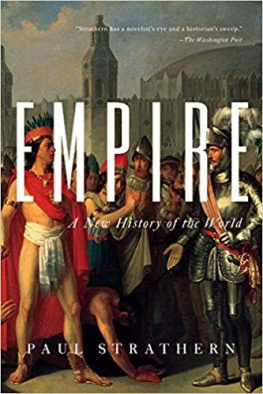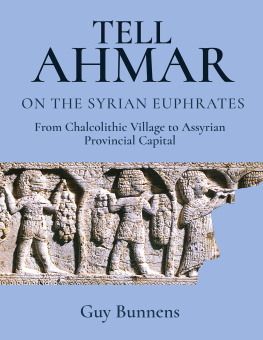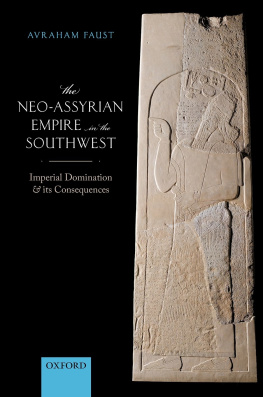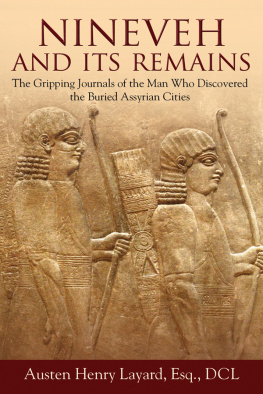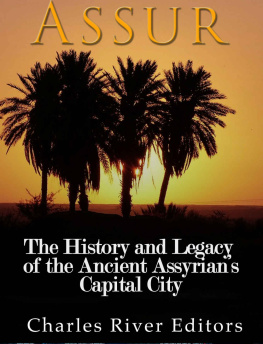Written Specially for the Present Work
By JOSEPH HALVY
Professor in the Collge de France, Paris
INGRATITUDE IN MASSES, AS IN individuals, is very apt to be the reward of great benefactors. Egypt, taciturn, proud, and self-contained, was respected and admired by all her neighbours, while Greece and Judea, the shining beacons of Mediterranean civilisation, from the point of view of morals and science, have had the mortification of receiving ineffaceable stigmas. In the popular language of our own day, Greek and Jew are such offensive sobriquets that the descendants of these two glorious races seek to avoid the use of those names when describing their origins.
Babylonia, after her conquest and disappearance from the scene of the world, although she was vastly superior to her destroyers, did not escape this little-deserved fate. To the contemporaries of her fall, Babylon is only the city of courtesans and insipid magic; nevertheless, in the days of her strength, she ruled the barbarian world that surrounded her by other means than naked flesh and empty formulas of incantation. For thousands of years she shone with an unparalleled brilliancy, and illuminated with her vivifying rays the rude peoples with which she was in contact. Her influence left indelible traces even on the civilisations of western Asia and of the Greek world, partly through the agency of the Phnicians and Aramans. And if her disappearance caused no disturbance in the march of progress, it is because her mission was fulfilled long before the epoch of her decline. From the reign of Xerxes, plundered Babylon gradually decayed; on the arrival of Alexander she was already three-fourths in ruins. The war of the Diadochi and the advent of the Parthian dynasty completed her entombment. There was none to assume her moral heritage at that time, for the heir had already taken all that was precious and truly imperishable.
A truly intellectual culture is manifested in the possession of a form of writing. The existence of it in Babylon is proved by documents that go back to the fifth millennium b.c. The letters consist as yet of linear strokes representing certain parts of the human body, various kinds of animals, plants, and natural or manufactured objects. It was not until later that these strokes assumed the wedge form that has caused the name cuneiform system to be applied to them. The primitive characters are few in numberabout fifteenand are joined with one another to form a syllabary that is both ideographic and phonetic.
The intrinsic nature of these values is a striking proof of the Semitic origin of the system, and completely refutes the hypothesis of the earlier decipherers that there existed on Babylonian soil prior to the Semites an alien race called Sumerian or Accadian, from whom came the cuneiform characters, as well as the entire Semitic civilisation of Babylonia. Such syllables as ab, father;an, god; el, pure, bright; en, lord; sal, servant, woman; il, high; is, tree, wood; ul, past; mu, name; rat, canal; sag, summit, head; rig, plant, green leaf, etc., are taken from fundamental Semitic words of the Babylonian language, which, except for slight variations, was also that of Elam and Assyria. Nowhere, and at no period of their existence, is any linguistic modification noticed which could be attributed to the intrusion of a foreign element.
Without risk of being accused of exaggeration, we may place the beginning of writing in the sixth, or even in the seventh, millennium before our era; and yet the Babylonian language has the worn and phonetically impoverished character which it always preserved in comparison with its sister languages. This is an astonishing phenomenon, and gives an idea of the extreme antiquity, not only of the existence of the Semites in Babylonia, but of the development of the great civilisation of which they were the creators.
For, after the appearance of the written documents on stone and on clay tablets, we meet with a most remarkable ancient civilisation: monarchical institutions, communal organisations, flourishing agriculture, systematic canalisation, metal working, proprietorship of land, extensive commercial transactions, fixed taxes, the establishment of governors in subject countries. With regard to science, astronomy was cultivated and there were observatories for the study of the movements of the stars and the eclipses. The Babylonians had the divisions of the year, the month, and the day; they fixed weights and measures, and calculated square and cube roots. A rational classification facilitated the knowledge of botany and zoology. Dynastic lists were drawn up with care, in which the principal historical events of the reigns were recorded. Finally, the spiritual needs of the nation were satisfied by a vast mythological system which is lost in the night of time, and on the basis of which innumerable epic tales were developed. Among these the stories of the creation and of the deluge, the descent of Ishtar into Hades, the adventures of Gilgames and Etanna, etc., rank among the most beautiful products of the poetic imagination. On the other hand, the fetichistic mysticism of prehistoric times was transformed into a learned magic, which was combined with religious and moral elements, and claimed to be based upon miraculous facts that had, however, been proved by experience.
A Babylonian furnished with these elements of intellectual culture must, in spite of his superstitions and the real gaps in his knowledge, have seemed a superior being to the neighbouring tribes which had the same racial instincts, but whose development was still embryonic and had taken place under totally different conditions. It is nothing astonishing, then, that the most capable of these semi-savages hastened to adopt, in different degrees, a large part of the Babylonian civilisation, the advantages of which they had learned to appreciate. As usual, it is the apparent and material side that was accepted first; after a more intimate acquaintance with the Babylonian mode of life, these peoples were captivated by the religious conceptions and the powerful attraction of the legends and the magic. All this slowly filtered into the mind of the other Semitic peoples, and became so well embodied there that some centuries later it formed an integral part of their national substance, and to such a degree that it has been possible to disentangle their true origin only by means of an arduous research which has not yet said the last word.
The extension of Babylonian civilisation beyond its primitive cradle had its greatest strength during the glorious reign of Sargon I, the first monarch known to have made military expeditions into the countries of the west. We shall have, then, to consider, first, the pre-Sargonic, second, the post-Sargonic, epochs.


